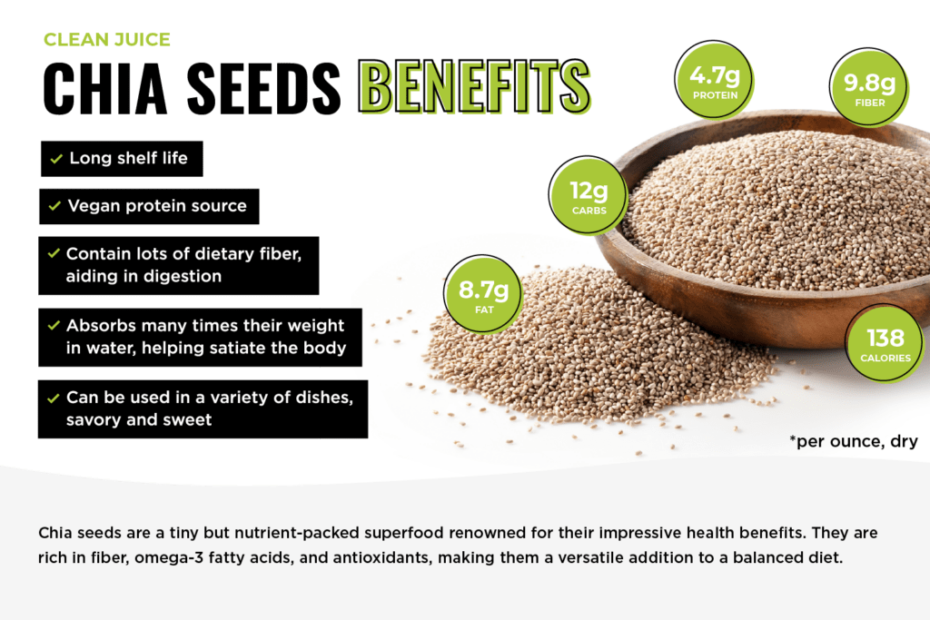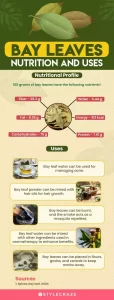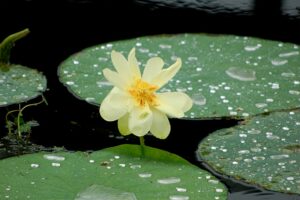Chia Plant: The Tiny Seed That’s Making a Big Impact in Health and Wellness
The chia plant, scientifically known as Salvia hispanica, is a species of flowering plant that belongs to the mint family.
These tiny seeds are rich in omega-3 fatty acids, fiber, protein, antioxidants, and various vitamins and minerals. Chia seeds are a versatile ingredient commonly used in smoothies, yogurt, oatmeal, and baked goods. When soaked in liquid, chia seeds develop a gel-like outer layer, making them a popular choice for puddings and beverages. In addition to their nutritional benefits, chia seeds are also known for their ability to absorb liquid and provide a sense of fullness, making them a popular choice for those looking to manage their weight. Chia plants are easy to grow and can be cultivated in a variety of climates, making them a popular choice for home gardeners. The chia plant produces beautiful purple or white flowers, adding aesthetic appeal to any garden. With their numerous health benefits and culinary versatility, chia plants have become a staple in many households around the world.Native to Mexico and Guatemala, chia plants have been cultivated for centuries for their edible seeds, which are highly nutritious and packed with essential nutrients..
The Marvelous Chia Plant
The Marvelous Chia Plant, scientifically known as Salvia hispanica, is a flowering plant native to Mexico and Guatemala. This ancient superfood has gained popularity worldwide due to its impressive nutritional profile and health benefits. Chia seeds are rich in omega-3 fatty acids, fiber, protein, antioxidants, and various vitamins and minerals. When consumed, chia seeds can aid in digestion, promote heart health, regulate blood sugar levels, and boost energy and metabolism. These tiny seeds can be easily incorporated into your diet by adding them to smoothies, yogurt, oatmeal, salads, or baked goods. They are also a popular ingredient in puddings and homemade energy bars. In addition to their nutritional value, chia plants are easy to grow and maintain, making them a sustainable and environmentally friendly crop. Whether you’re looking to improve your overall health or simply add a nutritious boost to your meals, the Marvelous Chia Plant is a versatile and beneficial addition to any diet.
The Surprising Health Benefits of Chia Seeds Unveiled
Chia seeds have gained popularity in recent years due to their impressive nutritional profile and numerous health benefits. These tiny seeds are rich in fiber, protein, omega-3 fatty acids, antioxidants, vitamins, and minerals. Incorporating chia seeds into your diet can offer a wide range of health benefits. One of the most notable benefits of chia seeds is their ability to support digestive health.
Additionally, chia seeds can help reduce inflammation in the body due to their omega-3 fatty acid content, which is important for overall health and disease prevention. Chia seeds are also a great source of plant-based protein, making them an excellent option for vegetarian or vegan diets. The protein in chia seeds can help support muscle growth and repair, as well as keep you feeling full and satisfied, which may aid in weight management. Furthermore, chia seeds are rich in antioxidants, which help protect the body against damage from free radicals and oxidative stress. By incorporating chia seeds into your diet, you can potentially reduce the risk of chronic diseases such as heart disease, diabetes, and certain types of cancer. In conclusion, chia seeds offer a wide array of health benefits, including improved digestive health, reduced inflammation, support for muscle growth, weight management, and protection against chronic diseases. Adding chia seeds to your diet is a simple and delicious way to enhance your overall health and well-being.The high fiber content in chia seeds helps promote regular bowel movements and may alleviate symptoms of constipation..
Exploring the Versatility of Chia Seeds
| Aspect | Information |
|---|---|
| Scientific Name | Salvia hispanica |
| Family | Lamiaceae |
| Origin | Central America |
| Uses | Nutritious seeds, oil, fiber, and omega-3 fatty acids |
| Growth Habit | Herbaceous annual |
FAQ
# FAQ – Chia Plant

Q: What is a chia plant?
A: The chia plant, scientifically known as Salvia hispanica, is a flowering plant native to Mexico and Guatemala. It is grown for its nutritious seeds, which are rich in omega-3 fatty acids, fiber, protein, and various vitamins and minerals.
Q: How do you grow a chia plant?
A: Chia plants can be grown both indoors and outdoors. They prefer well-draining soil, full sunlight, and regular watering. Sow the chia seeds in moist soil, keep them watered, and watch them grow into leafy green plants.
Q: How long does it take for chia seeds to sprout?
A: Chia seeds usually begin to sprout within 2-3 days of planting. You can see tiny sprouts emerging from the seeds in just a few days.
Q: How do you harvest chia seeds?
A: When the chia plant matures, small flowers will develop that eventually turn into seed heads. Harvest the seed heads when they turn brown and dry. Rub the seed heads to release the chia seeds, and then separate the seeds from the debris.
Q: How do you use chia seeds in cooking?
A: Chia seeds can be used in a variety of ways in cooking. They can be added to smoothies, oatmeal, yogurt, salads, and baked goods. When mixed with liquid, chia seeds develop a gel-like texture that can be used as a vegan egg substitute or to make chia pudding.
Q: Are there any health benefits of consuming chia seeds?
A: Yes, chia seeds are considered a superfood due to their high nutritional content. They are rich in omega-3 fatty acids, antioxidants, fiber, protein, and minerals like calcium and magnesium. Consuming chia seeds may help improve heart health, digestion, and overall well-being.
Q: Are there any known allergies to chia seeds?
A: While rare, some people may be allergic to chia seeds. Allergic reactions can include symptoms like hives, itching, swelling, and difficulty breathing. If you suspect an allergy to chia seeds, consult a healthcare professional.
Q: Can chia plants grow in all climates?
A: Chia plants thrive in warm, sunny climates, but they can also be grown in cooler regions as long as they receive enough sunlight. It’s important to protect the plants from frost, as they are sensitive to cold temperatures.
Q: How should chia seeds be stored?
A: Chia seeds should be stored in an airtight container in a cool, dry place away from sunlight. Properly stored chia seeds can last for up to two years.
- Cat Palm vs Majesty Palm: Which Should You Choose? - June 30, 2024
- Flowers That Survive Winter: Discover the Exceptional No. 5 - June 30, 2024
- The Ultimate Guide to the Growth and Care of the Black Pagoda Lipstick Plant - June 29, 2024





